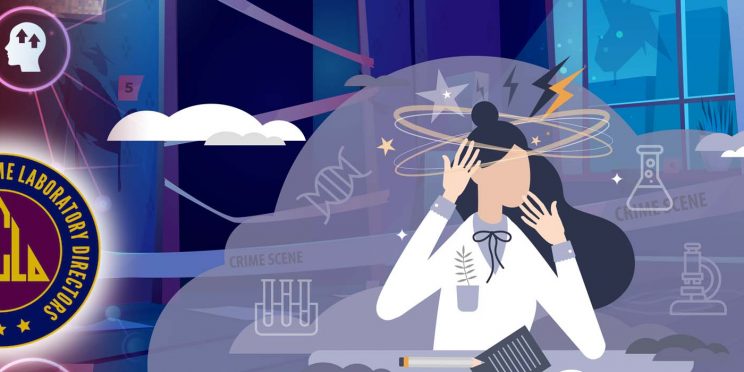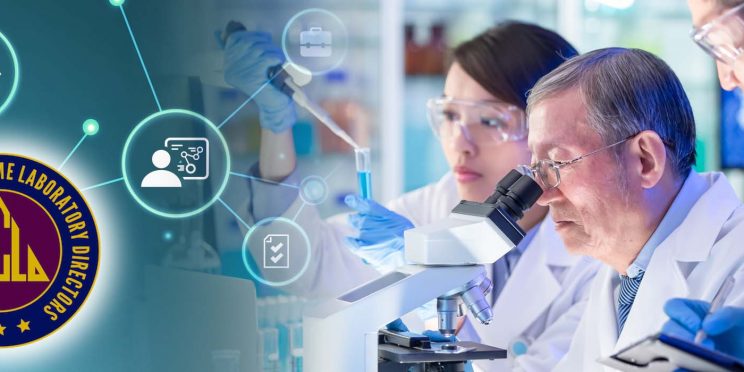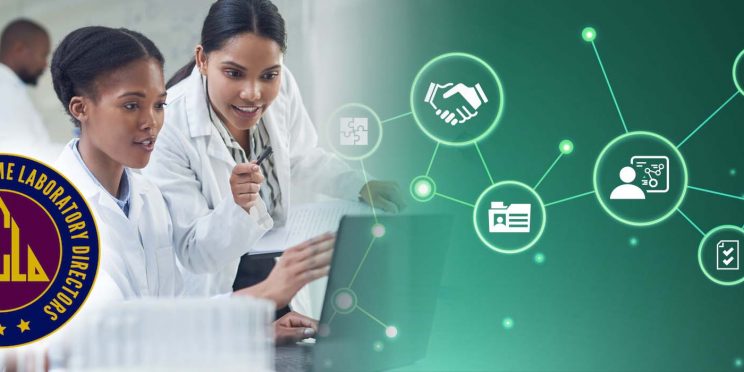← Back to Just Science Podcast
Original Release Date: December 10, 2018
In episode six of our Forensic Advancement season, Just Science interviews Ben Swanholm, Evidence Screening Section Supervisor at the Phoenix Police Department to discuss millennials and their future role in the forensic sciences. Millennials are a polarizing and often stereotyped population. Whether it’s diamonds or dining chains, they seem to be the scapegoats for the decline of many industries. Ben Swanholm believes that millennials are a group of people molded from the legacy given to them. Listen along as he discusses technological growth, social identity, and generational values as they integrate into the forensic sciences.
This episode of Just Science is funded by the National Institute of Justice’s Forensic Technology Center of Excellence [Award 2016-MU-BX-K110].
Guest Biography
Ben Swanholm is a Forensic Science Section Supervisor who works with the criminal justice community in Phoenix, AZ to provide high quality, efficient, and effective analysis of physical evidence collected from crime scenes. Ben holds a BS in Forensic Science and Criminal Justice from the University of North Dakota, a MS in Criminal Justice Administration with an emphasis in Forensic Science Administration from Loyola University New Orleans, and is a Certified Public Manager.
The opinions, findings, and conclusions or recommendations expressed in this podcast episode are those of the presenter(s) and do not necessarily reflect those of the U.S. Department of Justice.
Contact us at ForensicCOE@rti.org with any questions and subscribe to our newsletter for notifications.




